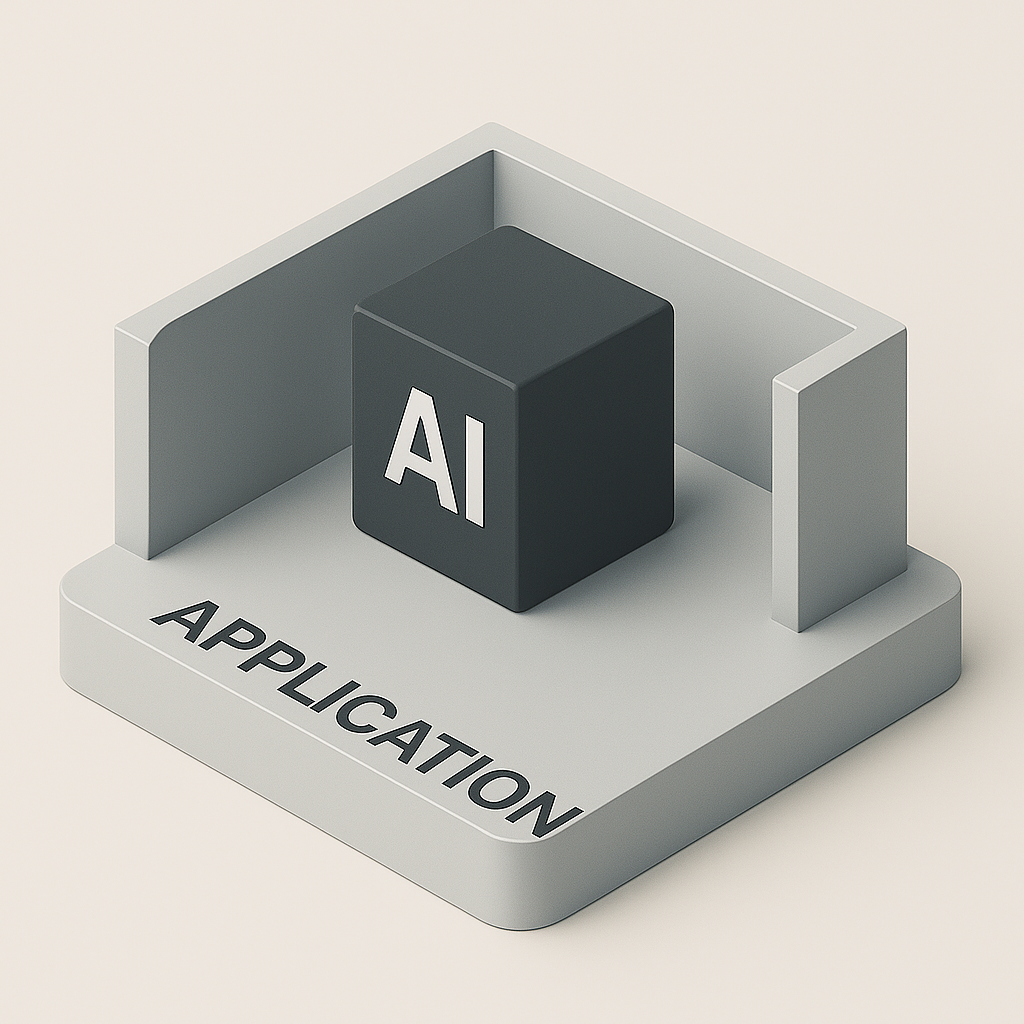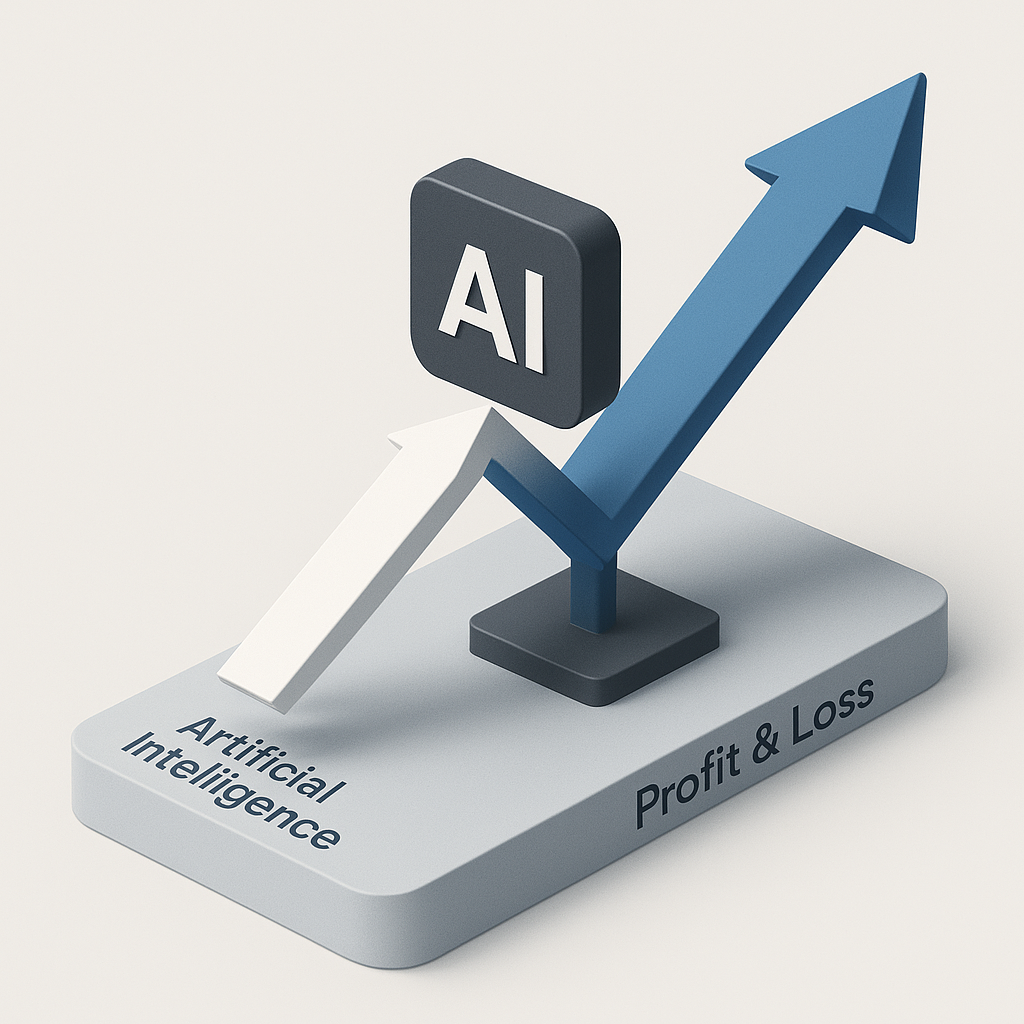
The Reality Check: Most AI Projects Don’t Deliver
According to a recent MIT study cited across multiple media outlets, including Computerworld, Tom’s Hardware, and Virtualization Review, a staggering 95% of corporate generative AI projects fail to deliver measurable business value. Whether due to poor data, lack of strategy, talent gaps, or haphazard experimentation, most initiatives fall flat, and the costs aren’t just financial. Failed AI projects burn trust, stall innovation, and widen the so-called “GenAI Divide” between tech-savvy leaders and lagging organizations.
This isn’t a scare tactic. It’s a wake-up call.
Why Moving Forward with AI Is Non-Negotiable
Despite the risks, standing still is not an option. Organizations that delay AI adoption are not avoiding failure — they are ensuring irrelevance. Here’s why:
- AI is rapidly becoming table stakes. From customer service to supply chain optimization, competitors are already using AI to lower costs, speed up execution, and offer smarter, personalized experiences.
- Efficiency expectations are rising. As AI tools automate routine tasks, stakeholders, from investors to end-users, will expect faster turnaround and deeper insights as a baseline.
- Workforce transformation is accelerating. Employees are adopting AI tools independently. Organizations that fail to set guardrails or offer enterprise-grade capabilities risk fragmentation, shadow IT, and data exposure.
- Regulatory and compliance requirements are evolving. Governments and industry bodies are building new frameworks around AI transparency, fairness, and explainability. Early adopters are shaping those norms, and laggards will struggle to comply.
- Data gravity is shifting toward intelligent applications. The more an organization scales its digital footprint, the more essential it becomes to extract value from that data using AI and ML.
In short, the greatest risk is inaction. Organizations that delay AI adoption may survive the next year, but they will fall behind in the next five.
The Common Pitfalls: Why Organizations Fail at AI
MIT’s findings point to a consistent set of mistakes:
- Lack of a clear business problem. Companies often chase AI for its novelty, not its strategic value.
- Inadequate data infrastructure. AI is only as good as the data behind it, and most enterprise data is siloed, dirty, or inaccessible.
- Overconfidence in internal teams. Internal IT or innovation groups often lack the depth of experience needed to architect, train, and govern GenAI systems at scale.
- Underestimating change management. Even when the technology works, organizations falter when users aren’t prepared to integrate AI into workflows.
Put simply: AI projects fail when organizations try to "go it alone" without the right playbook, platform, or partners.
The Partner Advantage: Why Expertise Matters
While the failure rate is daunting, it’s not inevitable. The same research points to a common success factor among the top-performing 5%: strategic collaboration with experienced partners.
At BSC Analytics, we’ve seen firsthand how the right guidance transforms AI from a risky R&D gamble into a driver of efficiency, insight, and competitive advantage. Our teams embed alongside yours, not only bringing technical excellence in foundation models, cloud architecture, and model governance, but also deeply understanding compliance, privacy, and industry-specific challenges.
We’ve developed:
- Audited, NIST 800-53 compliant infrastructure modules for secure AI deployments on AWS, Azure, and GCP.
- Customizable frameworks for model selection, RAG (retrieval-augmented generation), and fine-tuning.
- Human-AI team models that enhance delivery speed while ensuring accountability and explainability.
The Success Playbook: Best Practices That Work
Whether working with BSC Analytics or not, organizations that succeed with AI tend to follow these best practices:
- Start with a business problem, not a model. Tie your AI initiative to a measurable business outcome.
- Invest in your data. Clean, connected, and governed data is the #1 predictor of AI success.
- Build cross-functional teams. Blend engineering, product, data, legal, and domain experts.
- Establish ethical and responsible AI policies. Mitigate bias, ensure explainability, and align with regulatory frameworks.
- Pilot fast, scale smart. Use small wins to build organizational buy-in and develop reusable patterns.
And above all: know what you don’t know and bring in partners who do.
Get to the Finish Line — Faster and Safer
The GenAI revolution is real. But so is the risk of failure without the right foundation.
Working with a proven AI implementation partner like BSC Analytics doesn’t just reduce risk — it accelerates value. From day one, we align AI innovation with your business goals, deploy within your compliance envelope, and make sure you’re not just launching pilots, but actually scaling impact.
If your organization is exploring AI or reeling from a stalled initiative, don’t go it alone.
Let’s talk. BSC Analytics can help you launch, scale, and succeed with confidence.


